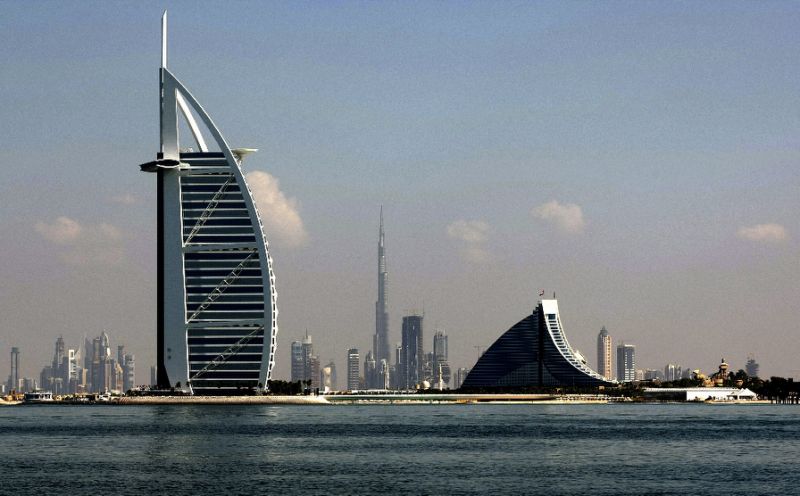Three Bangladeshi nationals have been sentenced to life imprisonment for protesting against their home government by authorities in the United Arab Emirates. Additionally, 53 others were sentenced to 10 years in prison and one to 11 years for their alleged participation in the protests. The Federal Court of Appeals in Abu Dhabi made the decision and stated that the defendants had incited riots in various streets across the UAE. After completing their prison terms, the individuals will be deported back to Bangladesh.
The protests in the UAE were a result of weeks of demonstrations in Bangladesh against a quota system that reserved government jobs for relatives of veterans who fought in the country’s war of independence in 1971. As a response to the protests, the country’s top court partially scaled back the controversial system, marking a victory for the student protesters. The UAE’s attorney general’s office charged the Bangladeshis with various offenses, including protesting against their home government in public places with the intent to incite unrest, obstructing law enforcement, causing harm to others, and damaging property.
Bangladeshi nationals form the UAE’s third largest expatriate community, with many of them being low-paid laborers seeking to support their families back home. The expatriates often work in sectors such as construction and domestic services, sending remittances to Bangladesh. These individuals face challenges such as low wages, poor working conditions, and limited legal protections. Their presence in the UAE highlights the complexities of labor migration and the vulnerabilities faced by migrant workers in the region.
The UAE’s stringent laws on protests and public dissent highlight the country’s approach to maintaining social order and political stability. The government views protests as a threat to national security and takes swift action against individuals who participate in demonstrations. While the UAE is known for its economic opportunities and modern infrastructure, the limitations on freedom of expression and assembly raise concerns about human rights violations and restrictions on civil liberties.
The crackdown on the Bangladeshi protestors underscores the challenges faced by migrant communities in the UAE and the risks of speaking out against their home governments while living and working in a foreign country. The case also highlights the complexities of transnational activism and the ways in which diaspora communities engage with political issues from afar. As the UAE continues to navigate issues related to labor migration and social unrest, the case serves as a reminder of the importance of addressing the underlying factors that contribute to protest movements and dissent within migrant populations.
In conclusion, the sentencing of Bangladeshi nationals in the UAE for their involvement in protests against their home government sheds light on the complex dynamics of labor migration, social activism, and political dissent in the region. The case reflects the challenges faced by migrant workers in the UAE, as well as the broader implications of restrictive laws on freedom of expression and assembly. As the debate on migration policies and labor rights continues, it is crucial to consider the voices and experiences of migrant communities in shaping more inclusive and equitable societies.











